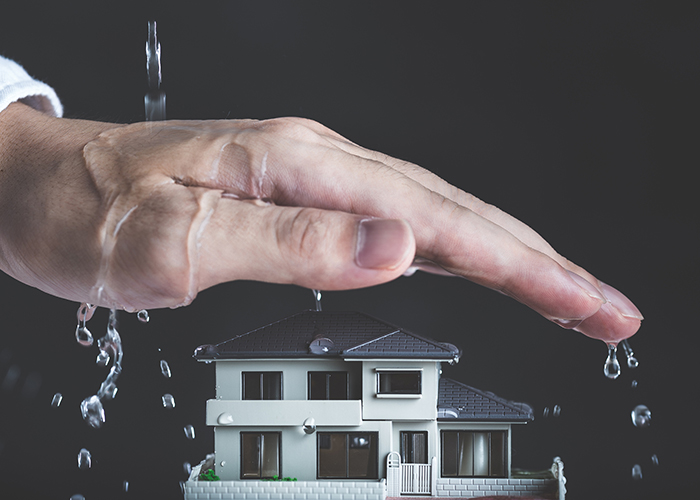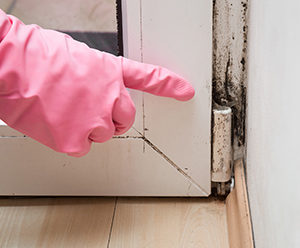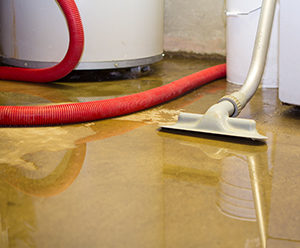
Every state in the country can encounter flash flooding. Obviously, some regions are more at risk than in other areas. Water damage can have a major impact on your home but it is not just from flooding. There are other kinds of water damage like broken pipes, melting snow or ice dams in rain gutters that can cause an equal amount of damage. This is how water damage can impact your home:
Fast Growing Mold
The three ingredients that mold needs to grow is oxygen, organic material, and moisture. When those ingredients are combined, it doesn’t take long for that mold to start growing and spreading. Once triggered, mold can begin growing in less than a day. Not ever mold strain is toxic but the black mold is something you want to keep far away from your home. That means keeping things dry.
Wasting Water
A crack in a piece of plumbing pipe that is around an eighth of an inch could end up leaking out up to 250 gallons of water each day. If that crack has happened inside a wall or under your home’s foundation, then you might not even realize what is going on until the damage has occurred. This can lead to a lot of destructive renovations. When was the last time you had your pipes checked?
Floodwater Can Be Electrically Charged
Flooding in a basement often occurs when the power goes out and the sump pump fails. When the power comes back, the water can remain. If just a few inches of water reaches an outlet or baseboard heater, then it can be charged with electricity. That makes it a deadly danger. If flooding does occur in your basement, then you should turn off the electric power to the flooded area.
Even a few inches of water can reach outlets, baseboard heaters, power cords and other devices connected to your electrical system. As soon as you see unwanted water, try to turn off the electricity to the affected area. If you are unable to do so safely, or the fuse box is located in the affected area, contact your electric utility and have them disconnect the power to your home from their end.
Standing Water Can Become a Biohazard
There are three categories of water: Clean, grey or black. Clean water is what you would get from your water supply lines. It can also be rainwater or water that has overflowed from a bathtub. That water isn’t contaminated.
Grey water can have contaminants but these aren’t considered life-threatening. However, if ingested, then this type of water can still be harmful. Grey water can come from an overflowing washing machine or aquarium.
Blackwater is the water you want to avoid at all costs. This would be any water from sewers or backed up from a toilet. What you have to watch out for is clean water that has been sitting for over 72 hours. At that point, that water is considered black water and potentially extremely dangerous.









